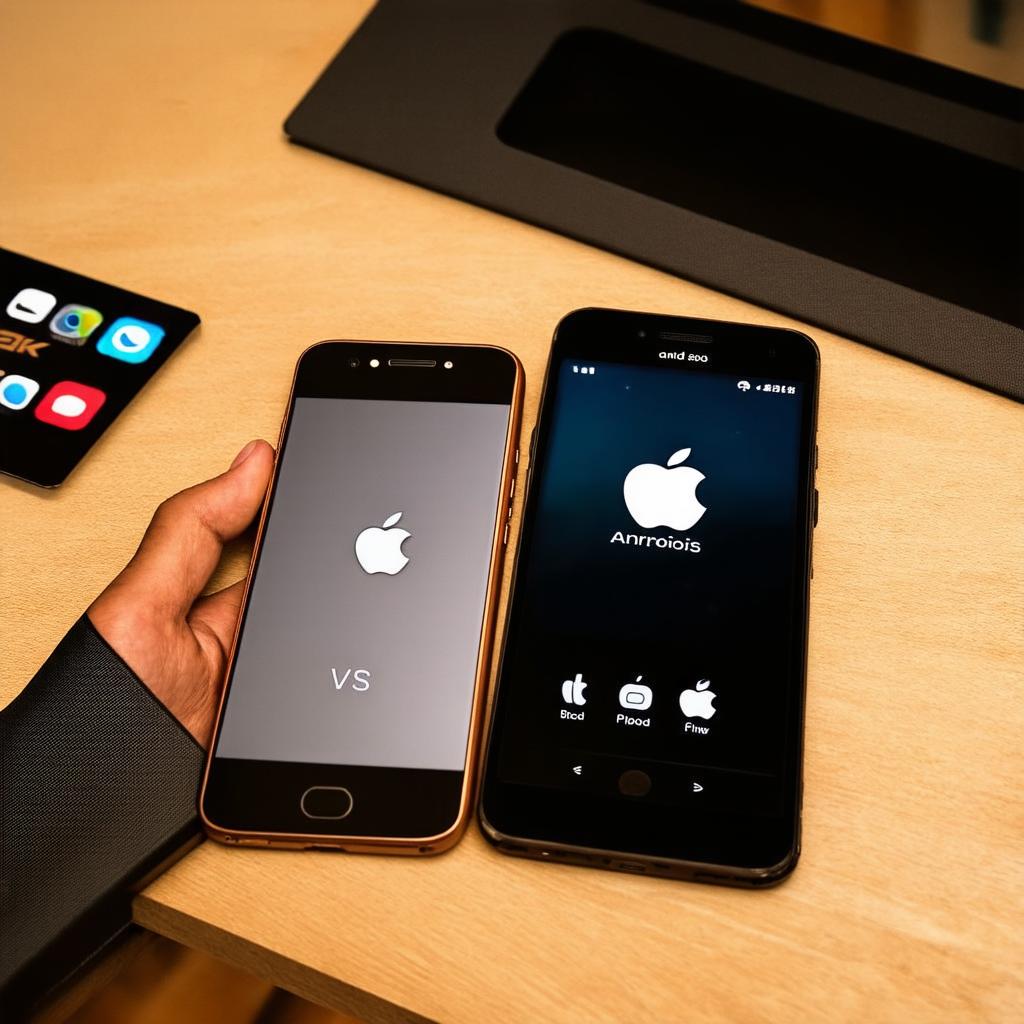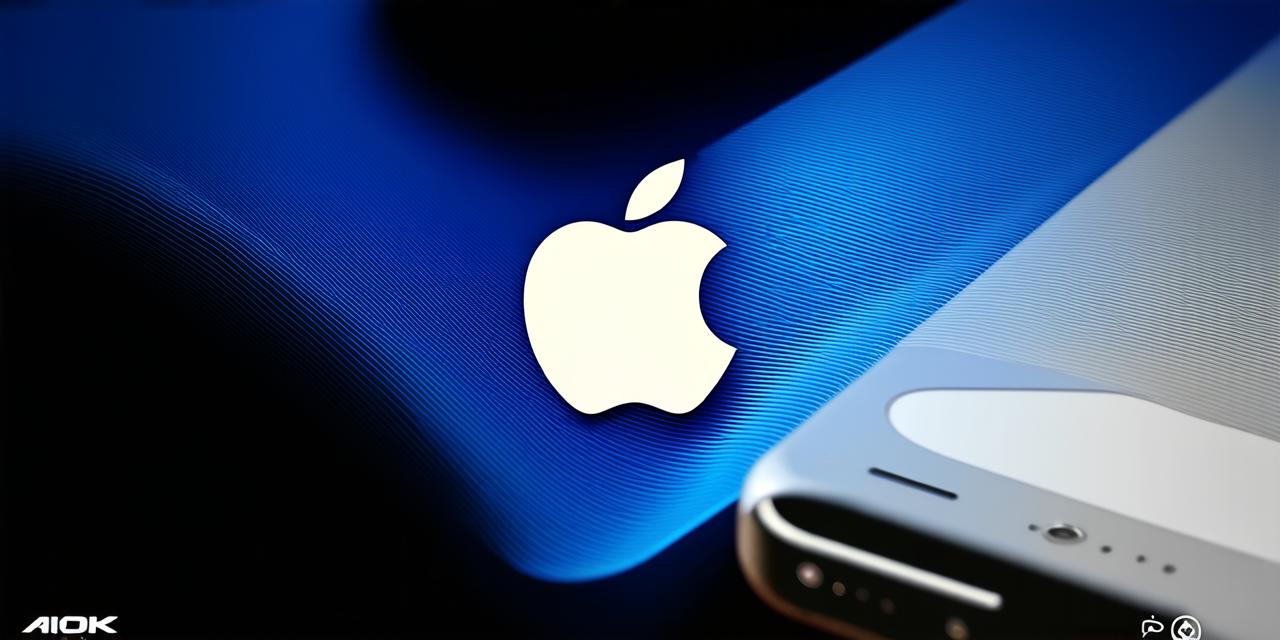
In today’s fast-paced digital world, smartphones have become an essential part of our lives. Apple’s iOS and Google’s Android are the two most popular mobile operating systems used by millions of people worldwide. However, iOS has always been known to stand out from its counterpart in terms of its features, design, and security.
User Interface and Design
One of the most significant differences between iOS and Android is their user interface and design. Apple has always been known for its sleek and modern design, with a focus on simplicity and ease of use. The iOS operating system is designed to be intuitive and easy to navigate, with clear and concise menus that make it easy for users to find what they need.

On the other hand, Android is more customizable than iOS. Users can change the look and feel of their phones by changing the theme, icons, and widgets on their home screen. While this level of customization can be helpful for some users, it can also make the interface cluttered and confusing for others.
Security and Privacy
Another major difference between iOS and Android is security and privacy. Apple has always been known for its strong security features, which include Touch ID and Face ID for unlocking phones, encrypted messaging apps, and automatic updates to fix security vulnerabilities. Apple also takes privacy seriously, with features such as end-to-end encryption for iCloud data and strict app review policies to ensure that all apps adhere to strict privacy guidelines.
Android, on the other hand, has been criticized for its weaker security features. While Google has made efforts to improve security in recent years, Android phones are more vulnerable to malware and phishing attacks than iOS devices. Additionally, Android’s app review process is less stringent than Apple’s, which can make it easier for malicious apps to slip through the cracks.
Hardware and Ecosystem
iOS is only available on Apple devices, such as iPhones and iPads, while Android is used by a variety of manufacturers, including Samsung, LG, and Google’s own Pixel line. This means that iOS users have access to a more consistent hardware experience across devices, with fewer compatibility issues and better integration between different Apple devices.
Android, on the other hand, has a wider range of devices to choose from, which can be both a strength and a weakness. While this allows for greater flexibility in terms of screen size, battery life, and price point, it also means that developers have to contend with a wider variety of devices and operating system versions, which can make app development more challenging.
App Store and Ecosystem
The App Store is another area where iOS has a significant advantage over Android. Apple’s review process is stricter, which means that there are fewer apps available on the App Store than on Google Play. However, this also means that the apps that are available on the App Store are of higher quality and more likely to be trusted by users.
Google Play, on the other hand, has a wider variety of apps available, including many that are not available on the App Store. This can be helpful for users who are looking for niche or specialized apps, but it also means that there are more apps to sift through and potentially less trustworthy apps available.
